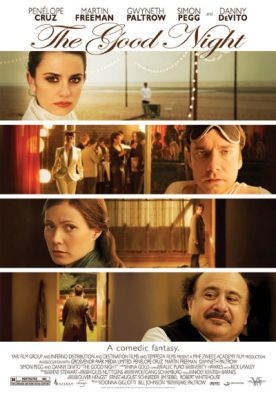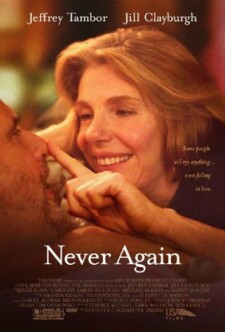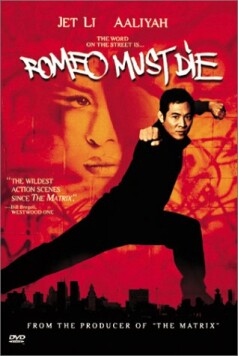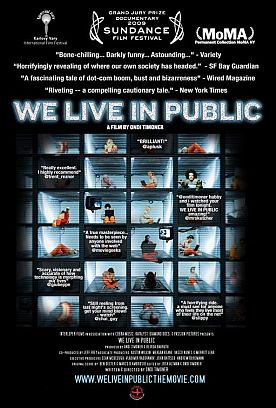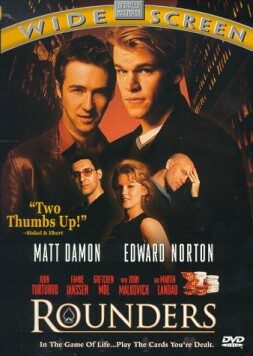Good Night, The
Jake Paltrow’s film, The Good Night, is about a young musician called Gary (Martin Freeman) who was once a member of — possibly the musical intelligence behind — a moderately well-known rock band. But that’s long past. Now he is reduced to writing commercial jingles for his more successful ex-band mate, Paul (Simon Pegg), who is a partner in a big advertising agency. Gary is both artistically frustrated and depressed because he has a nagging, hypercritical girlfriend called Dora (Gwyneth Paltrow) who wants him to be more of a go-getter, like Paul. After dreaming of a beautiful stranger named Anna (Penelope Cruz) who is his idea — and pretty much any man’s idea — of romantic and sexual perfection, Gary seeks to take up permanent residence in his dreams by seeking out Mel (Danny DeVito), a self-proclaimed expert on what he calls “lucid dreaming”
Well, it’s not as bad as it sounds. In fact, in some ways it is quite good. Much of the writing, also by Mr Paltrow, is sharp and witty, and he is blessed with a terrific cast whose sense of comic timing adds appreciably to the laugh-total. It is possible to enjoy almost everything about the movie except for its meaning. Or rather its lack of meaning. For ultimately, Mr Paltrow allows his dream world to fight the real world to a standstill, as if Gary’s preference for living in his dreams really could be something other than a childish delusion and a moral defect — as if there were some real consolation and not just a post-modern mannerism in the conceit that we can take refuge from unhappy realities in fantasy.
Not that Mr Paltrow is alone in taking — or affecting to take — this idea seriously. For a long time, powerful voices in the culture have been insisting on the rights of artistic fantasies to be treated on equal terms with artistic representations of reality. In the modish critical language of today, we are supposed (some think) not to “privilege” reality over fantasy. “It is . . . the freedom to interpret that makes art art,” Julie Taymore recently told an interviewer, who added: “and she agrees absolutely with Kurosawa’s contention that there is no such thing as ‘the truth’.” The reasoning seems to be that since there is no truth anyway — or, as Kurosawa would more likely have put it, if the truth is unknowable — reality has no right snobbishly to look down its nose at fantasy as something inferior. Both are just somebody’s version of the truth.
In fact we all know that this, the pretense of an equality between the two, is itself the ultimate in fantasy. People who can’t tell reality from fantasy are insane, and however much some people enjoy pretending to be insane in order to amuse us, they’re really not — and neither are they, in the end, very amusing. By pretending to treat fantasy as a rational alternative to reality, “The Good Night” ends up trivializing tragedy — both a literal tragedy and what it portends, which is the tragic inability of our wishes and desires to prevail against the adamantine otherness of reality.
Discover more from James Bowman
Subscribe to get the latest posts to your email.

